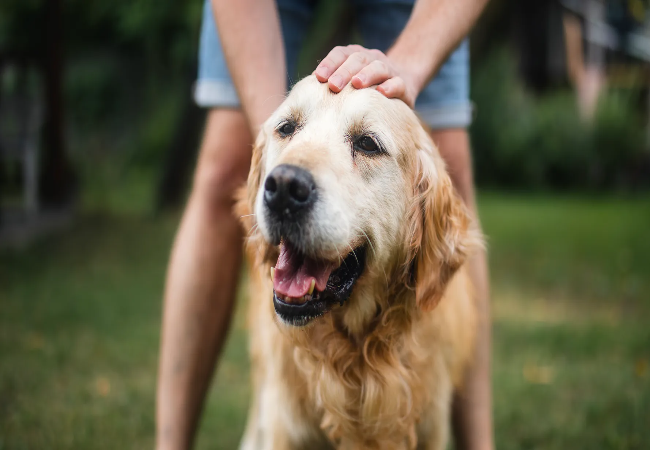Vet Guide to 2025: Why Does My Dog Ignore Me? Understanding Attention, Health & Bonding 🩺🐶

In this article
Vet Guide to 2025: Why Does My Dog Ignore Me? Understanding Attention, Health & Bonding 🩺🐶
By Dr. Duncan Houston BVSc
Feeling ignored by your dog can be confusing and upsetting. I’m Dr Duncan Houston BVSc, and in this deep-dive guide, we explore why dogs sometimes tune out—covering everything from boredom, adolescence, distractions, and training to health, age, and emotional shifts. I’ll provide expert strategies to reconnect through consistent training, and tele-support via the Ask A Vet app. Let’s reforge that bond together. 💖🐾
1. Common Behavioral Reasons 🧠
a. Boredom & Lack of Enrichment
If your dog finds surroundings more interesting than you, they’ll tune out commands. When your call fails to bring something fun, it becomes optional.
b. Teen/Dog Adolescent Phase
Between 6–18 months, dogs explore independence and can ignore previously learned cues, driven by curiosity.
c. Reinforcement History
Calling your dog and getting no response (or punishment) teaches them that ignoring is rewarded.
d. Distraction Overload
High-stimulus environments—sights, smells, animals—can override your call.
e. Inconsistent Cues or Loss of Trust
Changing command words or punishing after coming causes confusion and avoidance.
2. Health & Age-Related Causes 🩺
- Pain or Discomfort: Dental issues, arthritis, or ear pain can make dogs disinterested in interaction.
- Sensory Decline: Hearing or vision loss, common in seniors, can mimic “ignoring”.
- Cognitive Changes: Canine cognitive dysfunction may reduce focus and lead to withdrawal.
- Medical Illness: General illness, lethargy, or mood changes often lead to unresponsiveness.
3. Emotional & Environmental Triggers
- Anxiety or Fear: Stress from changes, storms, or past trauma may cause tension and avoidance.
- New Settings: Novel places require readjustment before training resumes.
- Hierarchy Issues: Some dogs take ignoring as a display of dominance.
4. How to Rebuild Connection & Response 🛠️
- Revisit Training: Use high-value rewards in quiet spaces. Reinforce eye contact first, then progress.
- No Calling Unless Confident Response: Avoid ineffective cues. Try later when attention is stronger.
- Back to Basics: Re-train commands under low distraction with treats/play as payoff.
- Identify Rewards: If food doesn’t work, try a ball, tug, or praise based on what motivates your dog.
- Short & Fun: Keep training sessions brief and upbeat to maintain interest.
5. Role of Ask A Vet 📲
Use the app when:
- Your dog suddenly withdraws and won't respond.
- Signs like pain, appetite change or withdrawal appear—share videos and ask for health guidance.
- You need help adjusting training to suit age or distraction levels.
6. Sample Strategy Table
| Reason | Signs | Solution |
|---|---|---|
| Boredom | Ignores, wanders | More play/structure, Woopf toys |
| Teen phase | Previously responsive, now aloof | Go back to puppy training + high-value treat |
| Pain/age | Sluggish, reluctance | Purrz joint chews + vet consult |
| Anxiety | Trembles, hides | Calming chews + Ask A Vet support |
| Distraction | Ineffective recall outdoors | Train in stages, with long line, rewards |
8. FAQs
- Q: Should I shout louder?
- No—raising voice adds stress or confusion. Use a calm, confident tone and reward promptly.
- Q: How long to retrain recall?
- Depends on dog and disruption—start small and be consistent; many improve in weeks.
- Q: When to vet-check?
- If ignoring is new, paired with signs like limping, appetite loss, lethargy, or hearing changes—consult Ask A Vet or your vet.
Conclusion
Dogs don’t ignore you out of spite—they respond to what’s rewarding, easy, or comfortable. By understanding the root—whether behavioral, health-driven, or environmental—you can reconnect with positive reinforcement and guidance through Ask A Vet. With patience and strategy, you’ll rebuild trust and rekindle that joyful partnership. 🐶❤️






